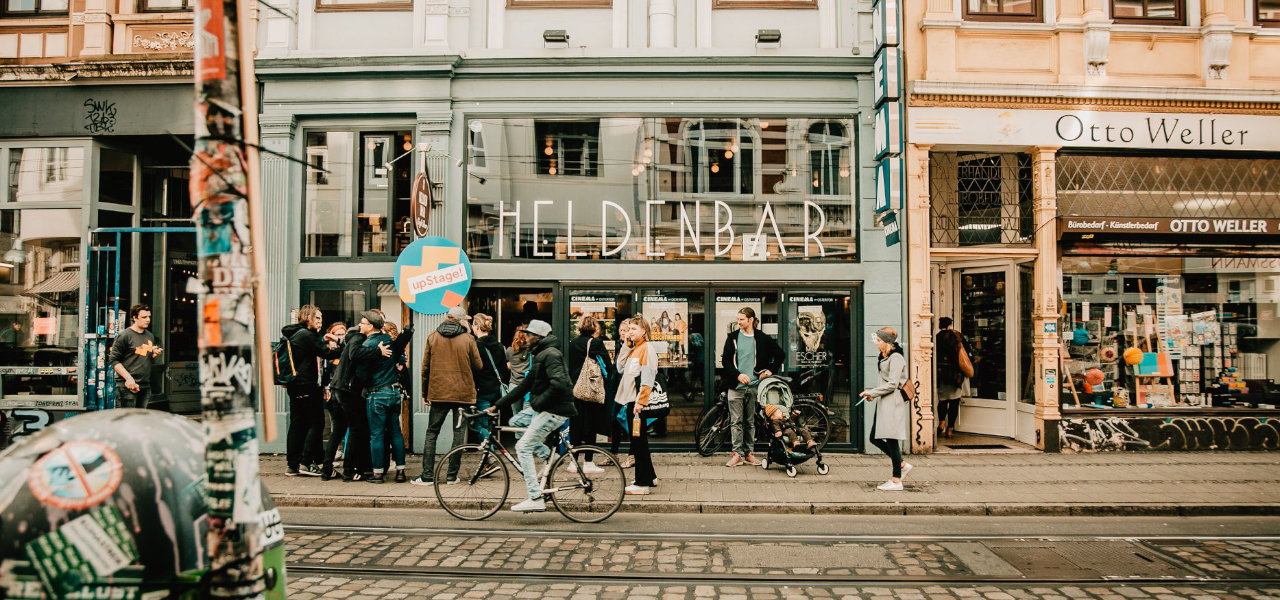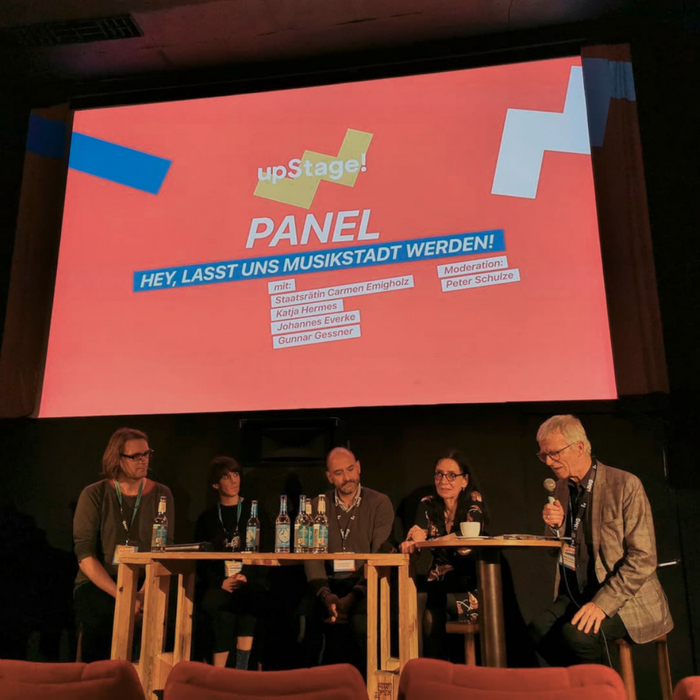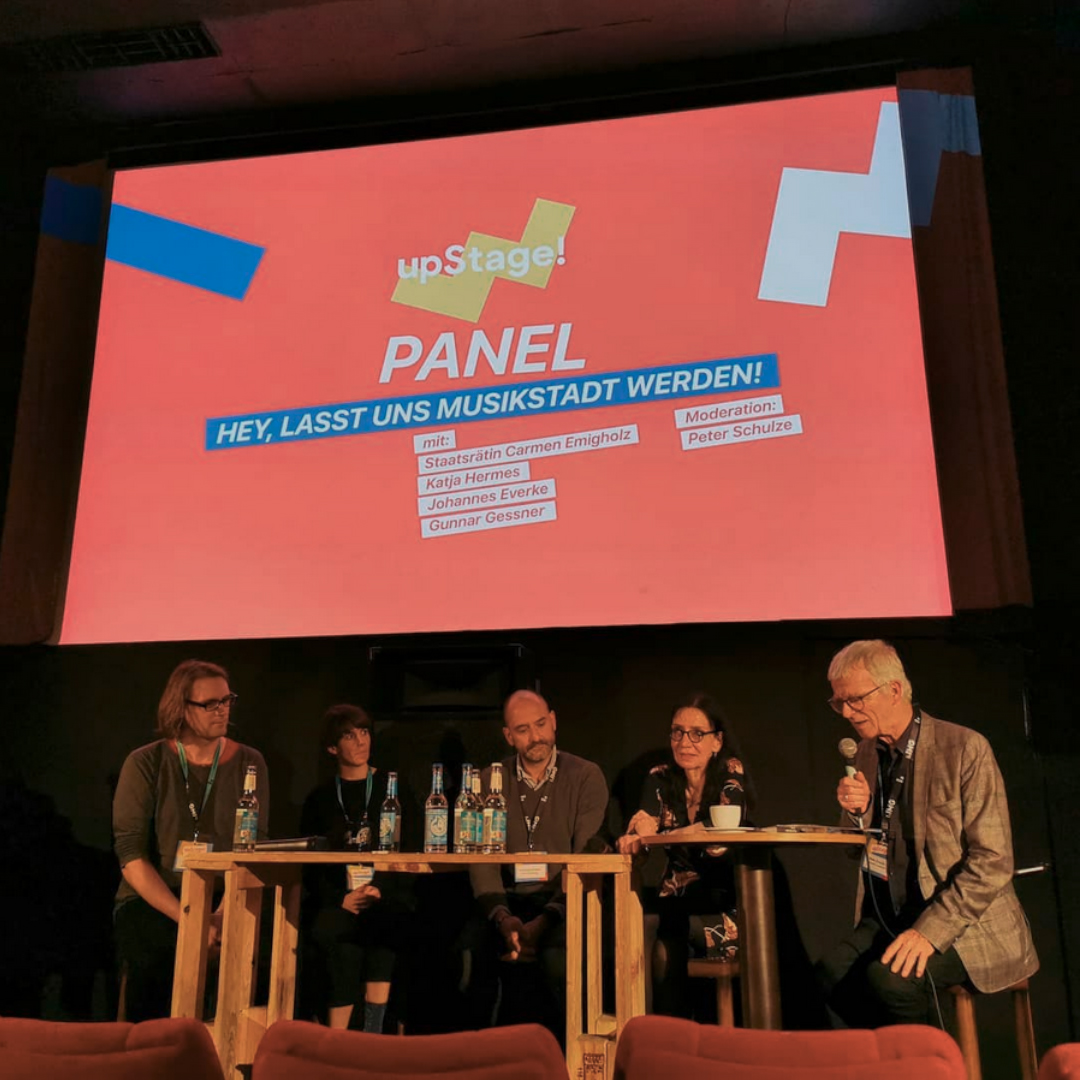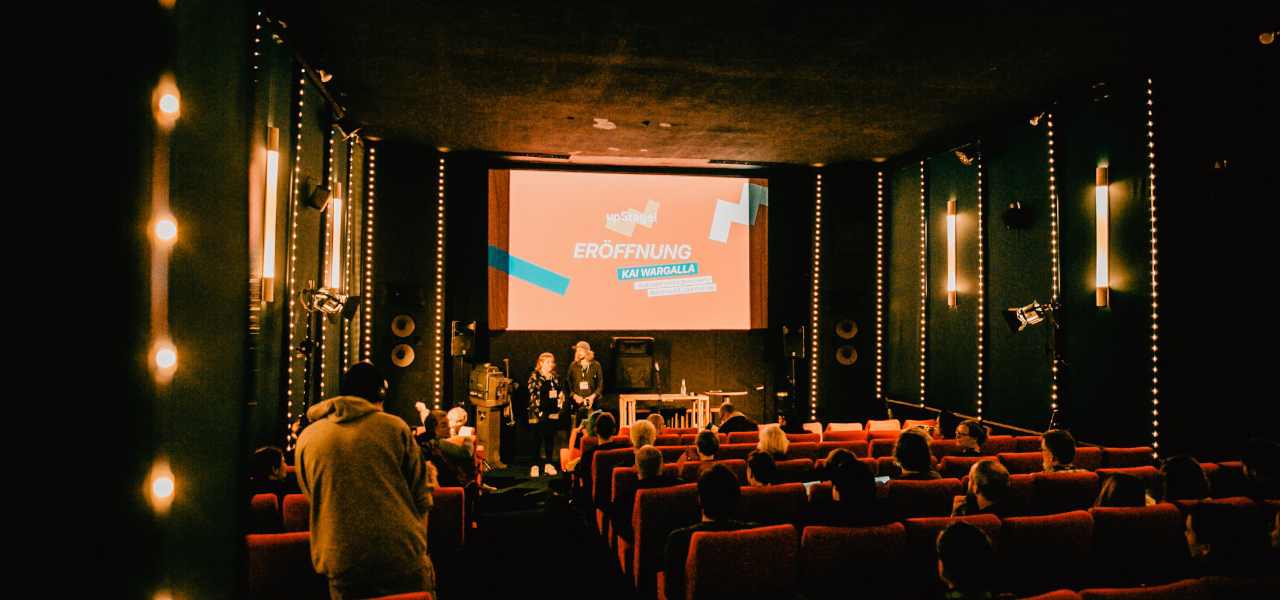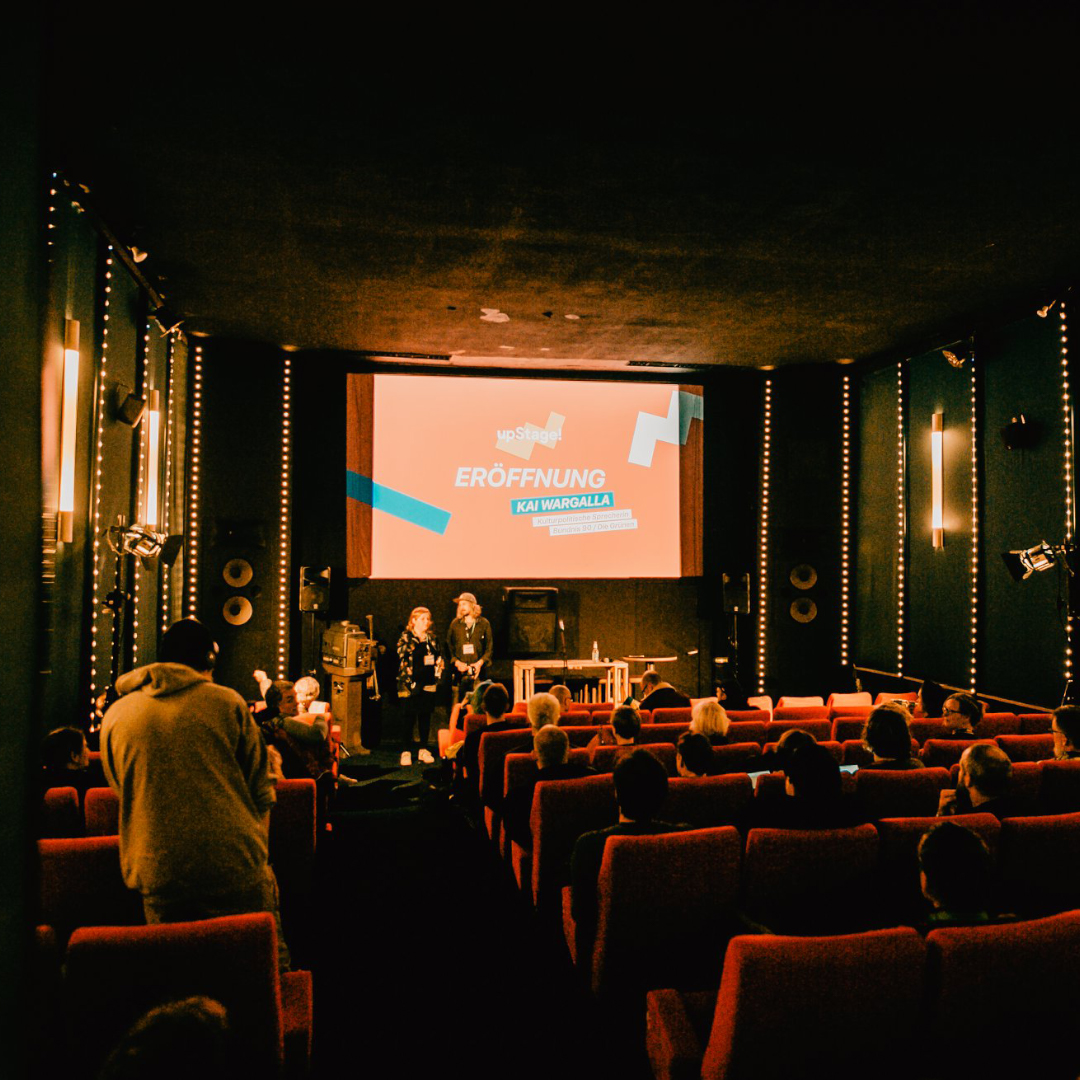The panel 'Hey, let's become a city of music' on the 24th of October 2019 discussed the concept of the UNESCO City of Music. This title by UNESCO is a kind of cultural excellence initiative for which cities can apply. The Cities of Music can rely on a large network of music cities across the whole world and they can use the title for their city marketing. Thanks to this title, musicians and music event organisers have an argument for their relevance within the city.


